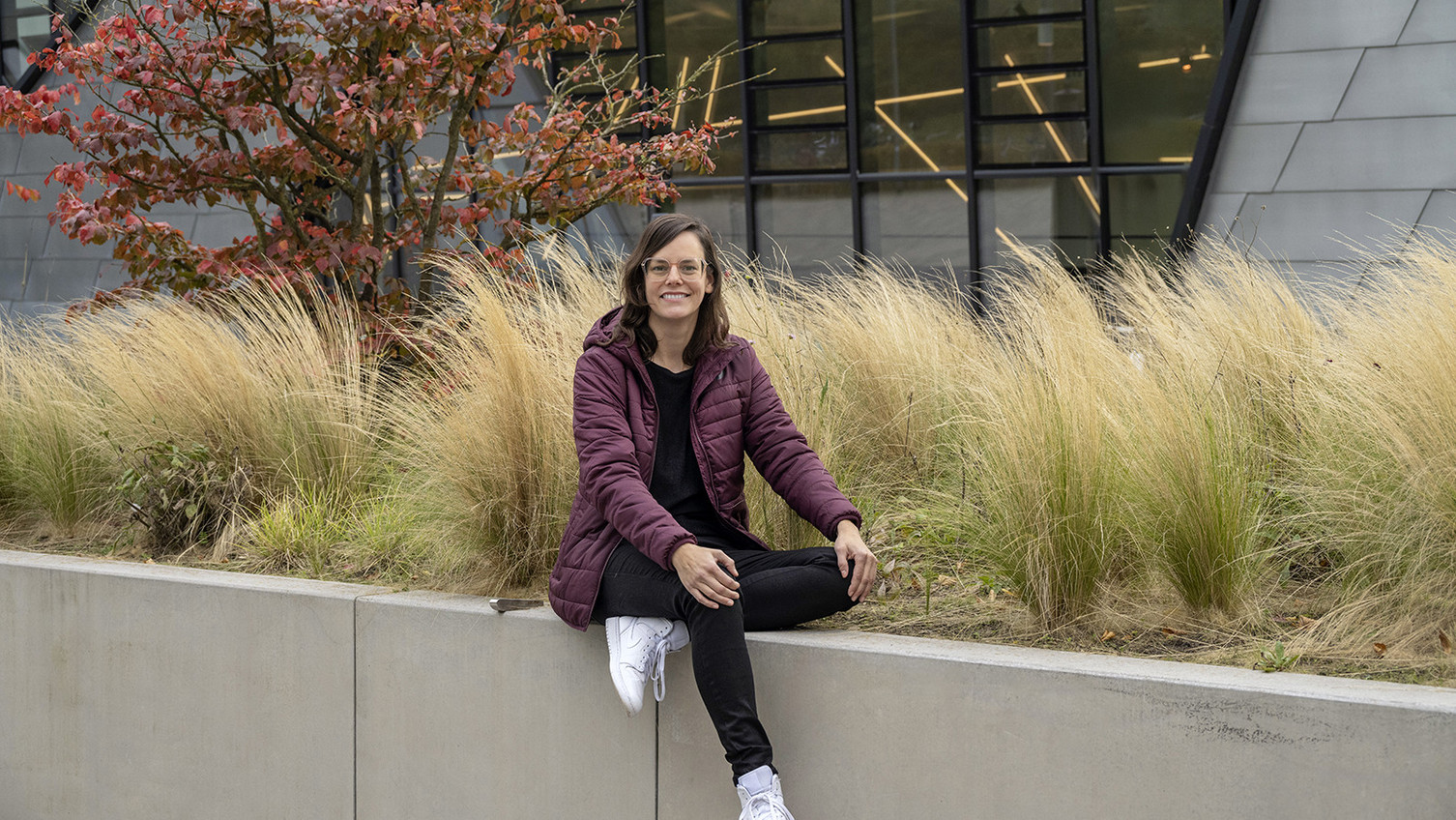Faculty Fellow 2024/25
Monika E. Schoop is associate professor of musicology, especially popular music studies at Leuphana University Lüneburg. Centered around audibility, memory, violence, belonging, and migration, her research examines pressing social questions and aims to excavate what has remained unarticulated, rendered inaudible, and unquestioned.Her research starts from the observation that right-wing violence is marginalized in collective memory. Her project at LIAS examines the musical memory work that has emerged in response to the attacks by far-right terror network ‘National Socialist Underground’ (NSU).
She currently coordinates the research project “Musical and Sonic Remembrance in the Post-Witness Era,” funded by the ministry of Lower Saxony. Together with Federico Spinetti, she previously led the project “Sounding Memories: Nazi Persecution and Anti-Nazi Resistance in Contemporary German Music”, funded by the German Research Foundation (DFG).
Her interdisciplinary approach combines popular music studies with ethnomusicology, memory studies, history, and political science. Through exploring the memory of right-wing violence through the lens of music, Schoop develops new ways of thinking and novel perspectives and methodologies.
Abstract
Tuning into the Inaudible: Musical Memory Work in Response to Right-Wing Violence
The project explores how right-wing violence in Germany is remembered through musical practices, focusing on the musical memory work that has emerged in response to the attacks of the far-right terror network National Socialist Underground (NSU). The study is based on the finding that right-wing extremist acts of violence have been strikingly absent in dominant collective memory, which not only fails to recognize connections and continuities but also neglects and denies the inclusion of voices and experiences of those who have experienced such violence. My inquiry builds on an approach that I term “tuning into the inaudible,” which is informed by a politics of listening (Bassel 2017) and highlights listening as a social and political process. The inaudible symbolizes marginalized voices, subject positions, and histories—i.e., that which is not actively remembered and has slipped into oblivion.
Combining ethnographic fieldwork, music analysis, and archival research, I examine the following questions: How can music and musical practices facilitate listening to the inaudible? How can musical memory work foreground marginalized voices and narratives? How can it foster alliances, and contribute to the creation of temporary as well as permanent memory sites? Acknowledging the ongoing negotiation of and struggle for memory, the project promises fresh insights into the role of music as a medium of memory.
Education
2015: PhD in Ethnomusicology, University of Hildesheim
2007: Master of Arts in Musicology, Philosophy and English Studies, University of Cologne
Most Recent Academic Position
Professor of Musicology (especially Popular Music Studies), Leuphana University Lüneburg.
Most Recent Publications
ed. Special Issue: Popular Music (Re)writes History: Popular Music and Historical Narratives. In Popular Music History 16 (2025).“Introduction to the Special Issue: Popular Music (Re)writes History: Popular Music and Historical Narratives.” Popular Music History 16 (2025): 5–15.
“Back in the New 1970s? How a Song Counters Historical Revisionism and Authoritarian Nostalgia for the Philippine Dictatorship.” Popular Music History 16 (2025): 160–183.


